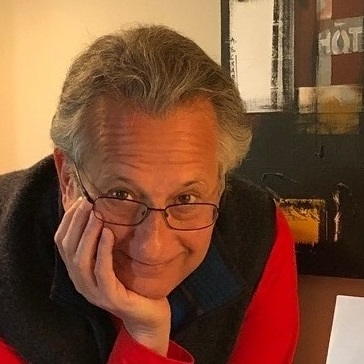Some of the most fertile intellectual ground on the planet resides in the minds of medical personnel. Those same minds, however, can be just at myopic and backward-looking as the rest of us, bringing needless trouble for health care in America and elsewhere.
Doctors often view health care innovation the same way that a vocal subset of Oregonians view self-service gas pumps. The simple and obvious can seem impossible if it’s beyond your field of vision.
Let’s start with Oregon’s gas pumps and then segue to Appalachia’s medical care.
Until December 31, 2017, Oregon was one of two states that prohibited drivers from pumping their own gasoline. (New Jersey retains its ban.) In certain sparsely populated counties in Oregon, gas stations declined to staff their facilities around the clock, so the legislature voted to allow self-service pumps in those areas.
The results were hysterical (in both the laughable and emotionally overwrought senses of the word). In a Facebook post that went viral, Oregonians vented melodramatically: The elderly and disabled need help pumping gas, as do those with children. Well-dressed people will walk away from self-service pumps with gasoline-drenched finery. Unemployment will spike as gas stations lay off attendants.
From the comments: “I don’t even know HOW to pump gas and I am 62.” … “Many people are not capable of knowing how to pump gas and the hazards of not doing it correctly.” … “Not to mention getting out of your car with transients around and not feeling safe too.”
Heavens to Murgatroyd.
The astounding fact about these histrionics is that they are so easily refuted. In 48 states, the elderly and disabled fill up without incident; residents rarely smell like gasoline; people manage to find employment other than pumping gas; and remarkably few motorists die in self-service conflagrations.
Presumably, some Oregonians who have driven beyond the state’s boundaries returned to share their tales with neighbors. Of course, an out-of-state experience may not be sufficient, as evidenced by this post: “I’ve lived in this state all my life and I REFUSE to pump my own gas. I had to do it once in California while visiting my brother and almost died doing it. This (is) a service only qualified people should perform. I will literally park at the pump and wait until someone pumps my gas.”
“Qualified people.” 🙂
All this came to mind recently when a journalist asked me what might be done to bring medical care to a remote Appalachian county where providers are in short supply. Local officials were fairly despondent about the prospects for improvement.
The county has few doctors, and few seem to want to come. The local population is small and poor, so doctors’ income prospects are poor. The county has few amenities (other than some of the most magnificent mountain terrain in America). What, then, the journalist asked, can be done?
I rattled off a list of ways to improve the situation. Increased use of telemedicine. Greater reliance on nurse practitioners and other non-physician providers. Elimination of certificate of need (CON) laws that can keep out new (and likely more efficient) clinics and hospitals.
Health care personnel, like Oregon’s petroleophobics, offer endless reasons none of this will work. Maybe locals won’t be able to operate the telemedicine apps on their iPads or laptops. Maybe telemedicine is dangerous. Maybe nurse practitioners will harm people unless they are heavily supervised by physicians. Maybe hospitals will flee without the protection of CON laws.
And then, there’s the local notion that doctors won’t move to this splendid but remote county. What about recruiting highly qualified doctors from other countries? I know a doctor in Idaho who flies all over the United States doing temporary assignments in emergency rooms. Why, I asked, couldn’t the local clinic use a similar arrangement for primary care? Local officials, though, can imagine every reason none of this is possible.
But as with self-service gas pumps, the United States has plenty of examples of these creative solutions working well. The evidence is easily attainable for those who care to look.
But you do have to be willing to look.


